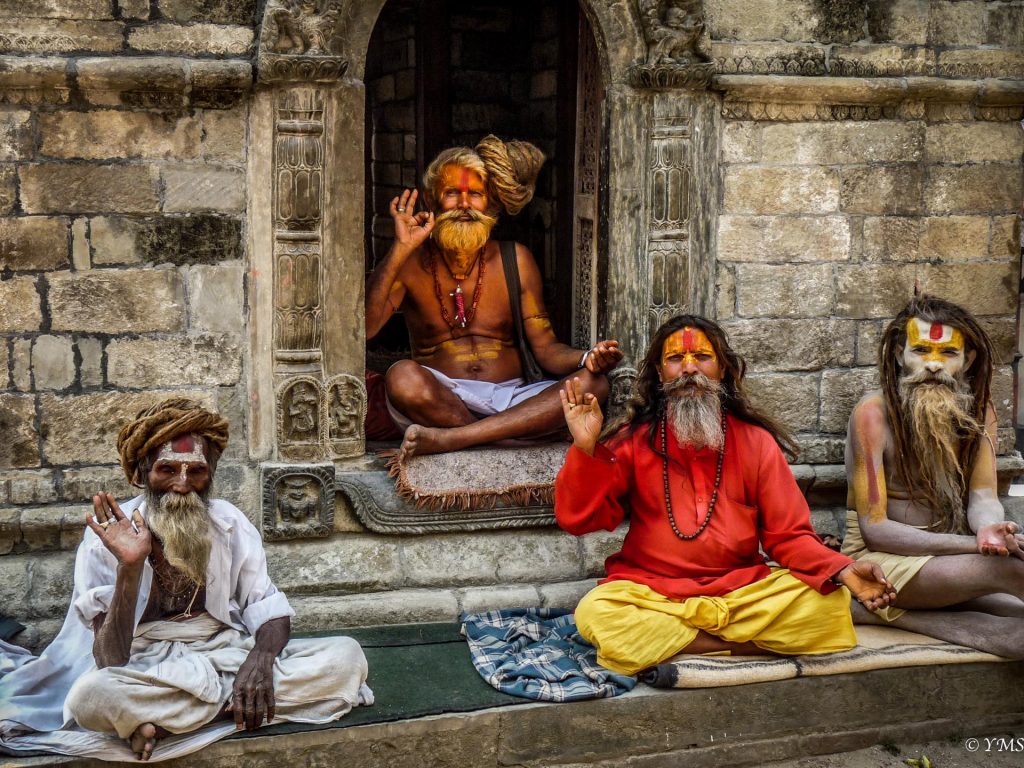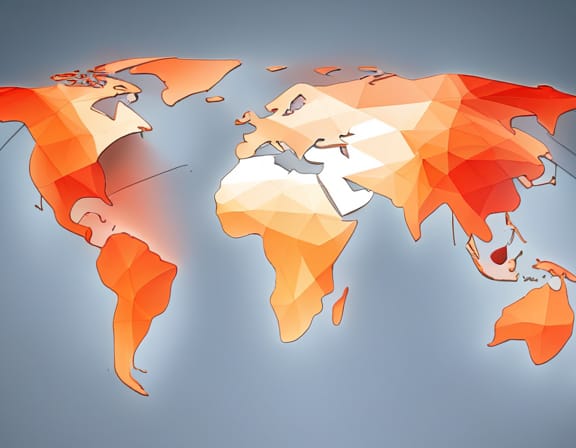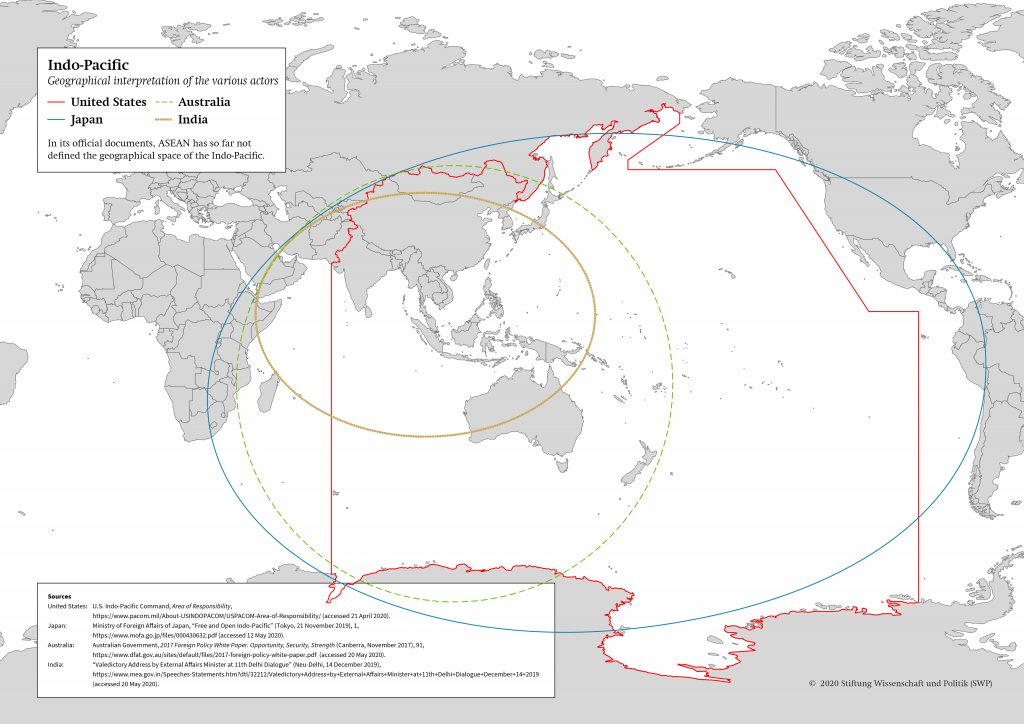
New Zealand is currently beset with the question of crime and punishment. The country appears torn between two failed approaches to justice: excessive softness and excessive hardness. Swinging back and forth between the two has led to great dissatisfaction with the Justice System and even talk of vigilante group formation.
Our attitude to justice reflects our moral confusion in the face of what has previously been called the Clown World Fork. Our basic morality is torn between two polar opposites: a wretched, pitiful, Christian doctrine of infinite forgiveness, and a sadistic, paranoid, bestial doctrine of utter destruction. Not having rational balance in our moral philosophy, we also don’t have it in our Justice System.
This has led us to a situation where gang member rapists get lighter sentences than people selling food without a licence. Outcomes like this are possible because we no longer have a shared sense of moral philosophy. There is no longer an agreed scale of heinousness, such that different crimes can be readily apportioned a length of punishment.
It’s time for a moral reset.
It’s time to admit that both Christianity and atheism are dead, and that neither are useful as moral philosophies any more. This means that it’s time to start experimenting with new philosophies. It’s obvious that some kind of new balance needs to be struck, between mercy and severity, for actual justice to be done.
In India there exists something that could be described as the sadhu system. In the sadhu system, criminals can repent by living a low-consumption lifestyle with a view to burning off accrued karmic debt, instead of going to prison. It’s a form of public repentance that New Zealand has no equivalent to. Perhaps we could benefit from one?
A New Zealand equivalent of the sadhu system would involve certain criminals, upon pleading guilty to a crime, to agree to forfeit the right to own property for a set period of time. In exchange, their basic food, clothing and shelter needs are met by the state, and they don’t go to prison or to home detention.
The logic is that many crimes, especially ones of property and violence, are ultimately motivated by egotism, and egotism is ultimately caused by a lack of spirituality. In other words, only a non-spiritual person would become so attached to the material world that they thought it was worth committing crimes to advance oneself here.
In the case of some criminals, dilemmas abound. Some are too dangerous to be allowed to roam the street, but at the same time there may be numerous downsides to sending them to prison. It’s apparent that a third approach is necessary.
This article suggests that certain criminals be offered the choice of prison or becoming part of a new, experimental sadhu system based on the Hindu model. This would entail that the criminal forfeit their right to own property or to accumulate wealth for a certain period of time, in exchange for agreeing to live as a spiritual penitent.
Indian sadhus use a lot of cannabis, which is known to be a spiritual sacrament that induces detachment from the material world. New Zealand sadhus could be given as much cannabis as they feel they need in order to develop beyond their innate clinging to the material world.
New Zealand doesn’t have many Hindu temples, so any introduction of a sadhu system might depend on the previous establishment of a national religion that can accommodate penitents. This might involve a new religion for the Age of Aquarius, such as Elementalism or similar. Perhaps funding could be directed to the construction of an Elementalist temple in every New Zealand town.
Elementalist temples in every town would mean that sadhus could travel as wandering ascetics from town to town, staying at the various temples and hanging out smoking cannabis with the Elementalist priests. These priests, trained in true psychology and not mere huckstering, will be able to help heal the souls of the various sadhus.
The advantages of such a system are many. For one, the Elementalist priests would serve as a kind of psychiatric service to the sadhus, helping them understand their place, and the place of humanity, in the grand scheme of creation. They would explain the laws of karma and the possible reasons for a lowly birth in this life.
The inevitable, knee-jerk reaction to this idea on the part of many is to bemoan the low productivity of the sadhus. But productivity and consumption go hand-in-hand. If we’re going to make a genuine effort to prevent the destruction of the Earth’s climate, we need to encourage people to live low-consumption lifestyles whenever possible.
A sadhu system could provide a neat and voluntary alternative path to rehabilitate criminals. We’re tried breaking them into submission and we’ve tried treating them like children – both approaches failed. Let’s try the spiritual approach, wherein we incentivise the criminally-minded to abandon the material world and to work on eliminating karmic debt.
*
If you enjoyed reading this essay/article, you can get a compilation of the Best VJMP Essays and Articles from 2021 from Amazon as a Kindle ebook or paperback. Compilations of the Best VJMP Essays and Articles of 2020, the Best VJMP Essays and Articles of 2019, the Best VJMP Essays and Articles of 2018 and the Best VJMP Essays and Articles of 2017 are also available.
*
If you would like to support our work in other ways, subscribe to our SubscribeStar fund, or make a donation to our Paypal! Even better, buy any one of our books!




